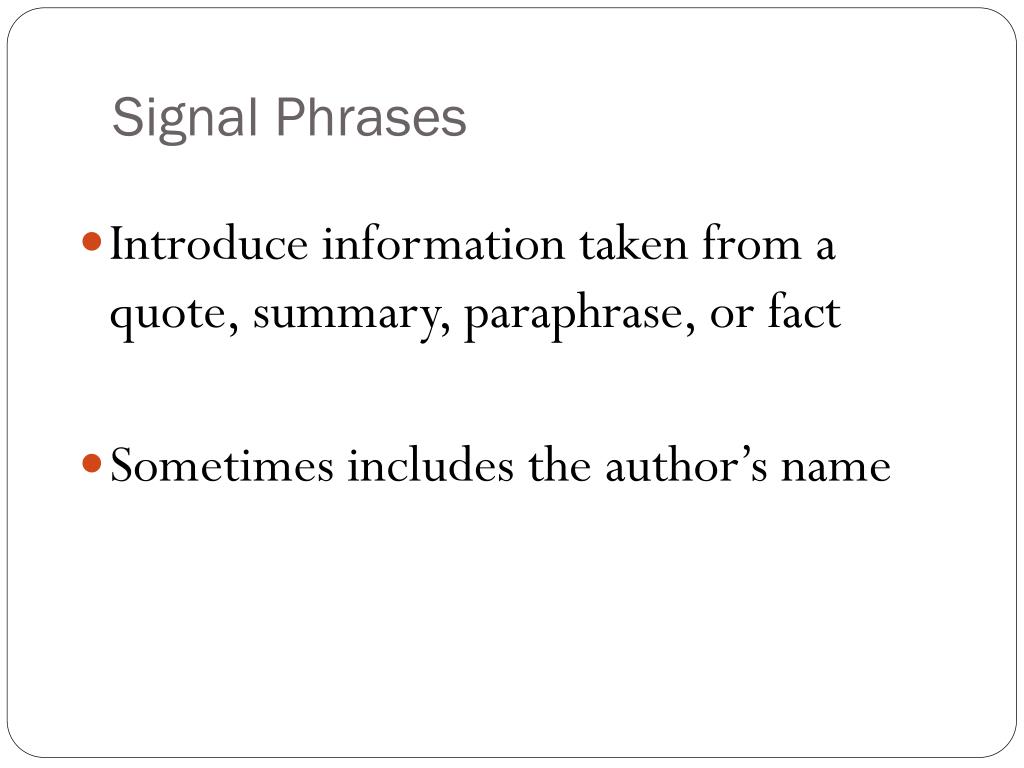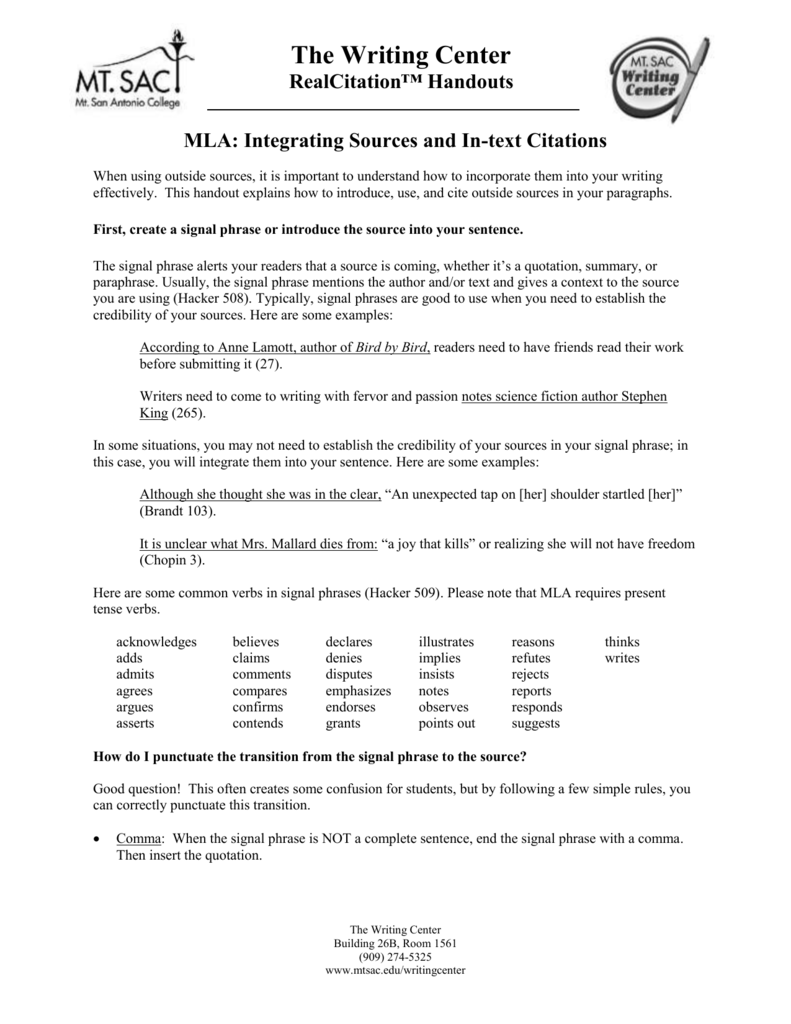
If you were providing the title of a book or larger independent work, it would be italicized.īilly Budd’s last words are very reminiscent of Jesus’ last words “…Father, forgive them, for they do not know what they are doing…” ( New International Version, Luke 23.34). NOTE: Abbreviate the title to the first few words in your parenthetical reference. Refer to the title in the absence of an author.Īccording to an article in Newsweek entitled “Getting the Most Out of College,” students learn how important chemistry is to society in the course Organic Chemistry I (18).Īnother method for documenting when the author is unknownĪccording to an article in Newsweek, students learn how important chemistry is to society in the course Organic Chemistry I (“Getting the Most” 18). However, to be on the safe side, you might want to include the chapter or section title.Īn organic chemist at the University of Iowa writes that students learn how important chemistry is to society in Organic Chemistry I (Murray). The paragraphs are not numbered in this document therefore, this paraphrase does not require a citation. If the paragraphs are numbered, you would include (para.

NOTE: In the new MLA format, paragraph numbers are no longer used for publications without page numbers.

Lyndsay Murray, organic chemist at the University of Iowa, writes that students learn how important chemistry is to society in the Organic Chemistry I. Elsewhere, though, Frost embraces the loneliness (“Stopping by Woods” 1403).Īuthor known, publication electronic without page numbers The lonely aura becomes even more pronounced as he says, “the loneliness includes me unawares” (Frost, “Desert Places” 1405). The authors “examine women’s ways of knowing and describe five different perspectives from which women view reality” (Belenky et al. The authors discuss effective ways to incorporate sources into a paper (Graff, Birkenstein, and Durst 3). Lyndsay Murray, organic chemist at the University of Iowa, writes that students learn how important chemistry is to society in the Organic Chemistry I (18).Īn organic chemist at the University of Iowa writes that students learn how important chemistry is to society in the Organic Chemistry I (Murray 18). Click here for help with an MLA Works Cited page. When you’re working on your paper, it’s best to set up your Works Cited page before starting on in-text citations.

What will happen if you then include a paraphrase that is several sentences long without the lead-in phrase? Again, if you don’t include a lead-in phrase, the reader will not know you have begun paraphrasing your source and this could lead to accusations of plagiarism, even if unintentional. As stated above, when lead-in phrases are left out, students are sometimes accused of plagiarism because it is not clear where a paraphrase has begun.Īs in the example above, if you inserted a quotation into an essay, and then you spent two paragraphs and part of a third explaining the quotation in terms of your main argument and showing why it supports that point of view. The lead-in phrase is an important element of the in-text citation to include when integrating sources into your own writing. In-text citations include two parts, the lead-in (or signal) phrase and the parenthetical citation. MLA style uses in-text citations to give credit to authors when paraphrasing or quoting their ideas.


 0 kommentar(er)
0 kommentar(er)
